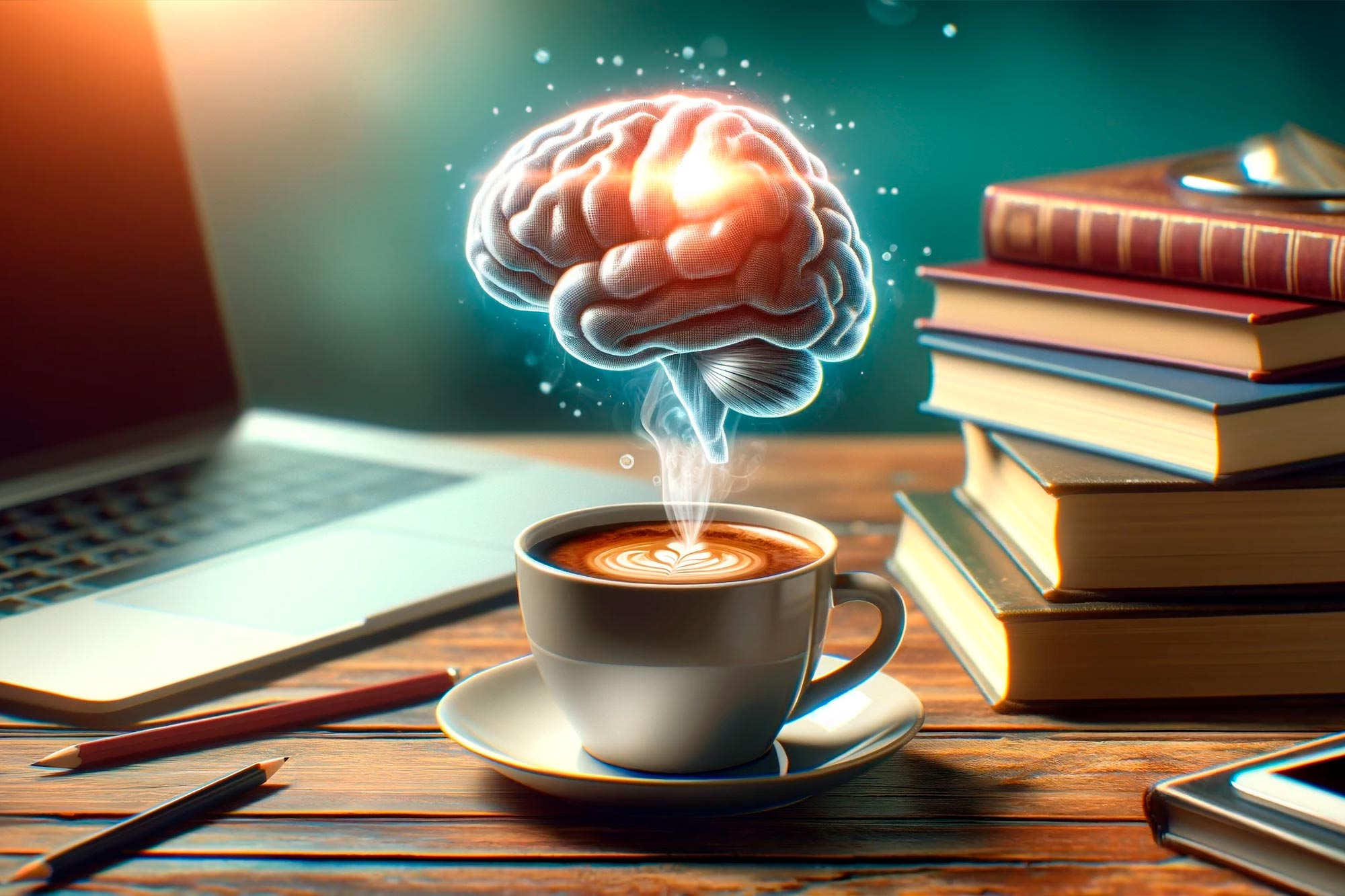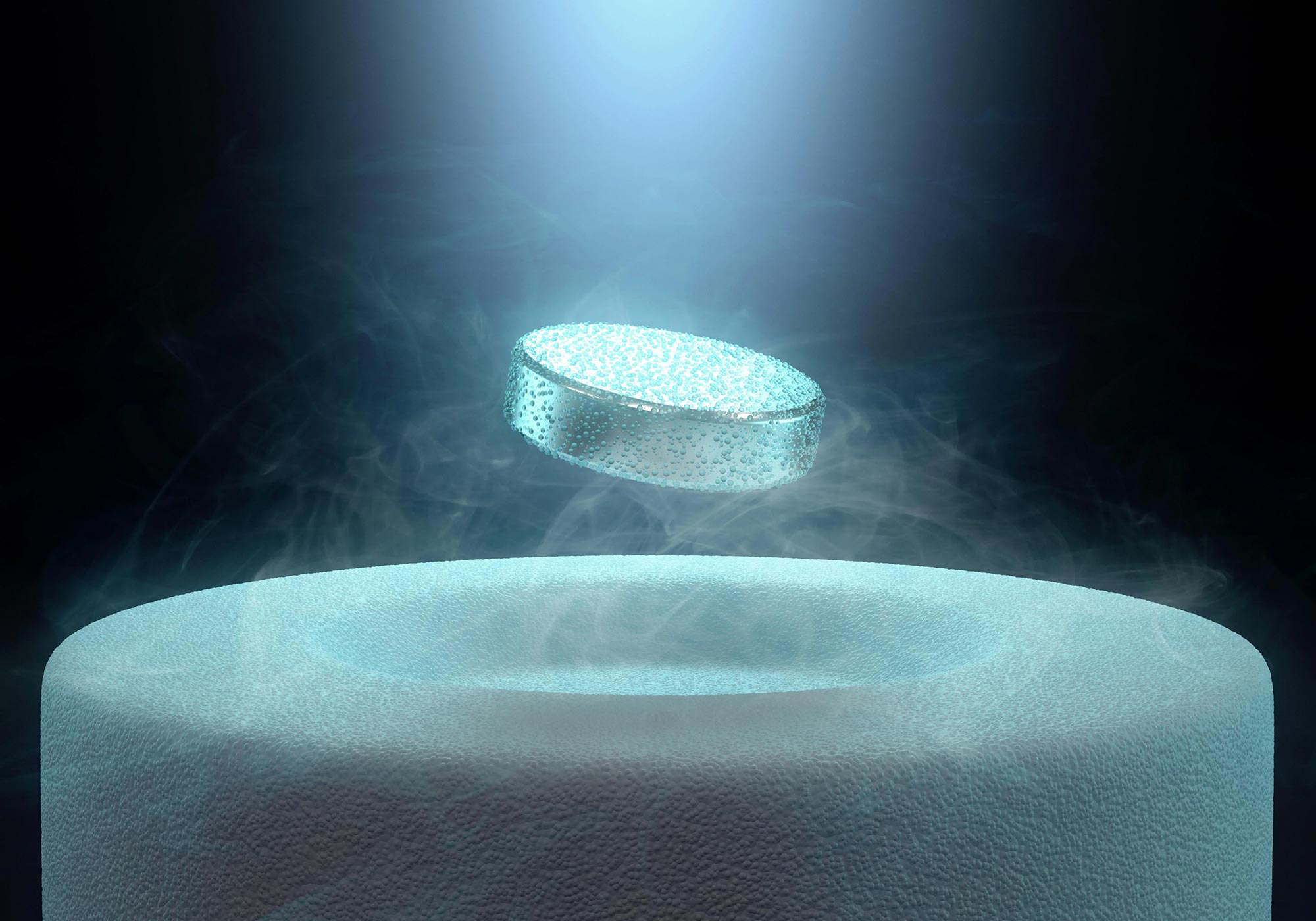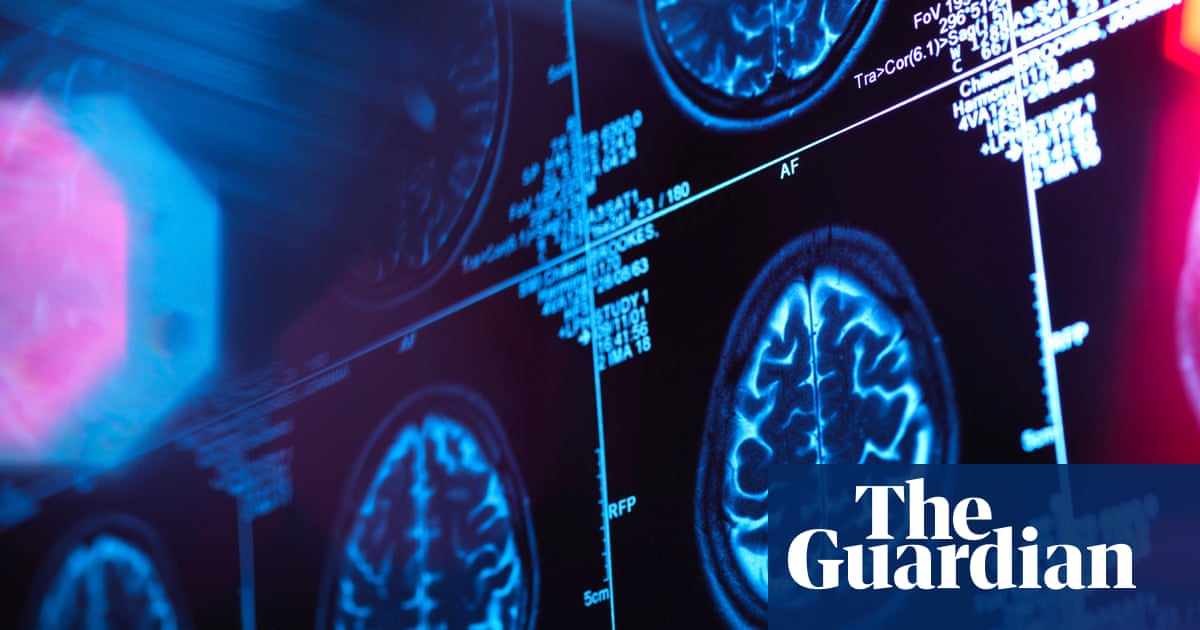A new study found that Trigonelline (TG), a natural compound in coffee and some vegetables, significantly enhances spatial learning and memory in aged mice. The research indicates that TG modifies key molecular pathways and reduces neuroinflammation, highlighting its potential in addressing age-related cognitive decline.
Recent research has increasingly focused on finding natural compounds that can counteract age-related cognitive decline and promote healthy aging. Trigonelline (TG), a plant alkaloid found in coffee, fenugreek seeds, and radish, has been suggested as a candidate for enhancing cognitive abilities.
In a new study, researchers led by the University of Tsukuba investigated the effects of TG on memory and spatial learning (acquiring, retaining, structuring, and applying information related to the surrounding physical environment) from both a cognitive and molecular biology perspective in an integrated manner using a senescence-accelerated mouse prone 8 (SAMP8) model.
Study Findings
Following oral administration of TG to SAMP8 mice for 30 days, the Morris water maze test indicated a significant improvement in spatial learning and memory performance compared with SAMP8 mice that did not receive TG.
Next, the researchers performed whole-genome transcriptomic analysis of the hippocampus to explore the underlying molecular mechanisms. They found that signaling pathways related to nervous system development, mitochondrial function, ATP synthesis, inflammation, autophagy, and neurotransmitter release were significantly modulated in the TG group.
Molecular Insights and Conclusions
Furthermore, the research team found that TG suppressed neuroinflammation by negatively regulating the signaling factor Traf6-mediated activation of the transcription factor NF-κB.
Additionally, quantitative protein analysis confirmed that the levels of inflammatory cytokines TNF-α and IL-6 were significantly decreased and the levels of neurotransmitters dopamine, noradrenaline, and serotonin were significantly increased in the hippocampus.
These findings suggest the efficacy of TG in preventing and improving age-related spatial learning memory impairment.
Reference: “Transcriptomics and biochemical evidence of trigonelline ameliorating learning and memory decline in the senescence-accelerated mouse prone 8 (SAMP8) model by suppressing proinflammatory cytokines and elevating neurotransmitter release” by Sharmin Aktar, Farhana Ferdousi, Shinji Kondo, Tamami Kagawa and Hiroko Isoda, 18 September 2023, GeroScience.
DOI: 10.1007/s11357-023-00919-x
This work was supported by DyDo DRINCO and Japan Science and Technology Agency (JST grant number JPMJPF2017).

Rachel Carter is a health and wellness expert dedicated to helping readers lead healthier lives. With a background in nutrition, she offers evidence-based advice on fitness, nutrition, and mental well-being.







